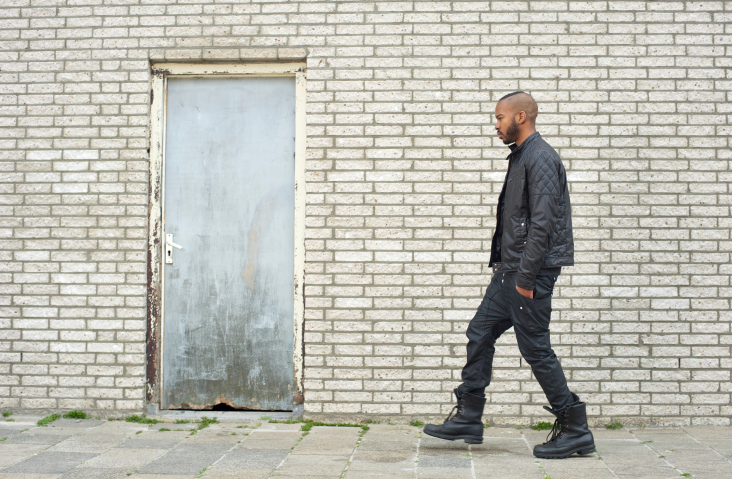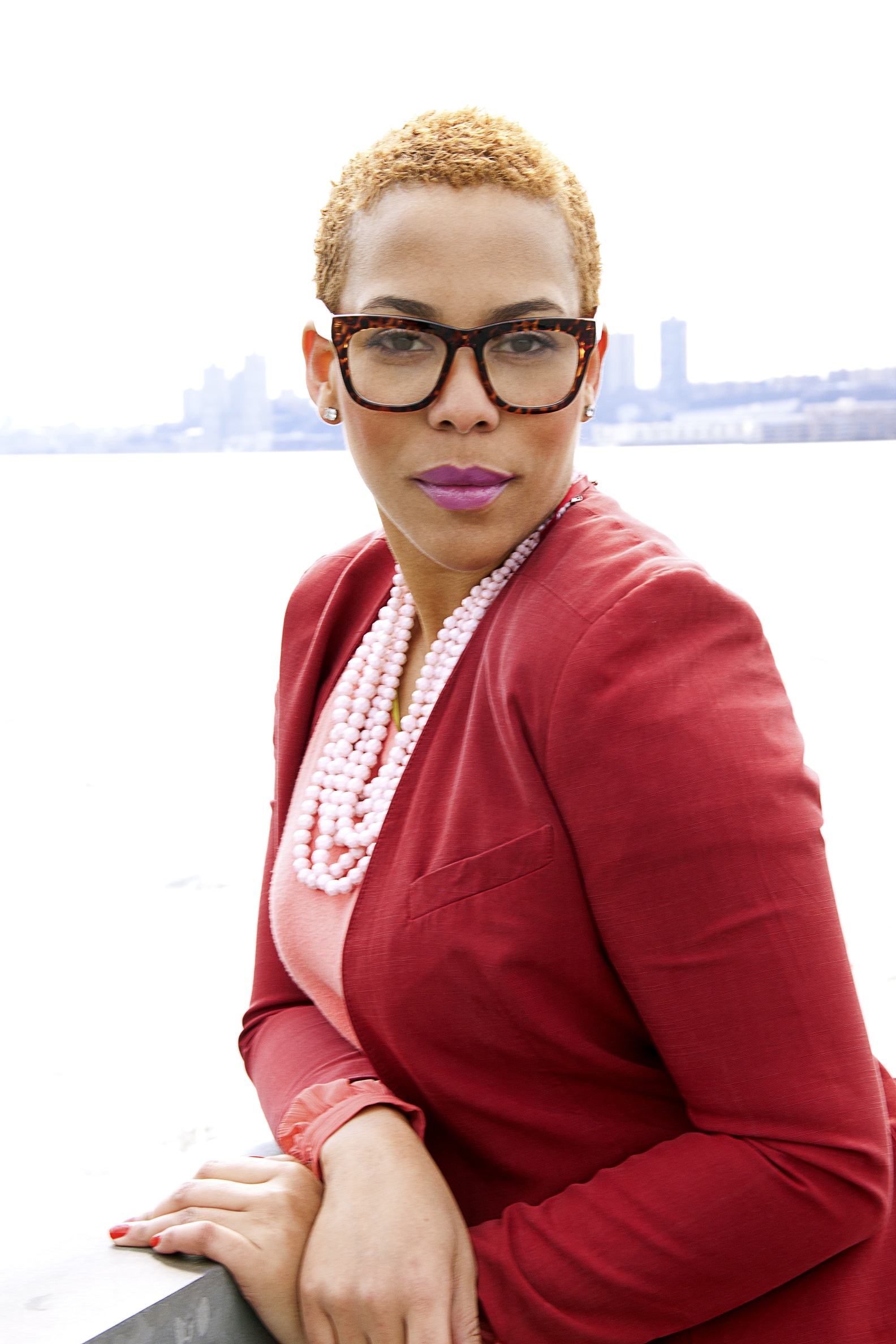 The African-American family structure has long included magnificent storytellers and oral histories. The history of Black people from Africa, the Caribbean, Latin America and the United States has also involved the masking of some of our history’s most atrocious events; things in our past that we have felt ashamed of and have hidden from.
The African-American family structure has long included magnificent storytellers and oral histories. The history of Black people from Africa, the Caribbean, Latin America and the United States has also involved the masking of some of our history’s most atrocious events; things in our past that we have felt ashamed of and have hidden from.
But, in 2015, there’s a new breed of revolutionaries who are finding an identity in uncovering the ugly truths about our history. They are creating new meaning for what will ultimately be their future legacy. These bravehearts are called Millenials. Millenials are young adults born in the 1980s and 1990s, who have or will reach adulthood in the 2000s; Generation Y as they’re also known.
As a significant number of clients I provide counseling and coaching to are Millenials, some of the obstacles I may have seen in a few of my older clients, present fairly different in the Millenial population. Things like sharing the secrets of a family’s burdens.
However, many of the clients I’ve been fortunate enough to work with have decided to invest in obtaining a better quality of life overall, and that’s ultimately why they reached out for help to begin with.
So, what are some of the challenges the Millenials are fighting against in a society of Generation Baby Boomers and Generations Xers?—Take a look below:
Myth: African-American families go to God for counseling, not mental health professionals. It is true that culturally and historically, African-American families seek the counsel of their pastors more often and usually first before they seek help from a psychotherapist. However, from my professional experience I have seen more Millenials in the past year acknowledge having a therapist more than I’ve seen in all the years I’ve provided psychotherapy to the middle aged and older generations.
Myth: If my family has a history of mental illness most likely I will also end up with it. Having a family history of mental illness predisposes people to becoming ill; for example, identical twins have a high concurrence of becoming mentally ill if there’s a family history of mental illness than fraternal twins or children born in the same family with mental illness. Still, predisposition does not absolutely determine illness in human beings. Other factors such as environment, culture, biology as well as resilience contribute to the risks of becoming ill. I’ve had clients as young as 11 years old wonder if they will end up sick because their mommy is sick. Prevention goes a long way. Psychotherapy, if integrated early, can help decrease the pervasiveness of mental illness in individuals.
Myth: I just started a new job and I have school loans to pay, there’s no way I can afford counseling. With the rise of the Affordable Care Act all Americans now have access to healthcare and are required to enroll in a health insurance plan. And if you are still enrolled in school you can stay on your parents’ health plan until age 26. Additionally, new employees are eligible for health insurance, which generally include some type of mental health benefit. But these days I have seen Millenials are seeking life coaches and counselors like myself without waiting for insurance. And although life coaches don’t usually accept insurance, they will most likely work with your current income to provide services at an affordable rate or set up a payment plan for you to still be able to receive help.
In the end, we all want to have a better quality of life. Some of us may even want to rewrite the stories we’ve been told through the years. I applaud this new generation of courageous souls who really make that statement true to them. Thank you, Millenials, for your bravery in writing a new history!
For thousands of more great articles just like this, click here!
 Asha Tarry, Licensed Mental Health Specialist and Owner of Behavioral Health Consulting Services LMSW, PLLC (www.BHConsultingServices.net). Follow her @ashtarry on Twitter/ Asha Tarry on Facebook and LinkedIN.
Asha Tarry, Licensed Mental Health Specialist and Owner of Behavioral Health Consulting Services LMSW, PLLC (www.BHConsultingServices.net). Follow her @ashtarry on Twitter/ Asha Tarry on Facebook and LinkedIN.









